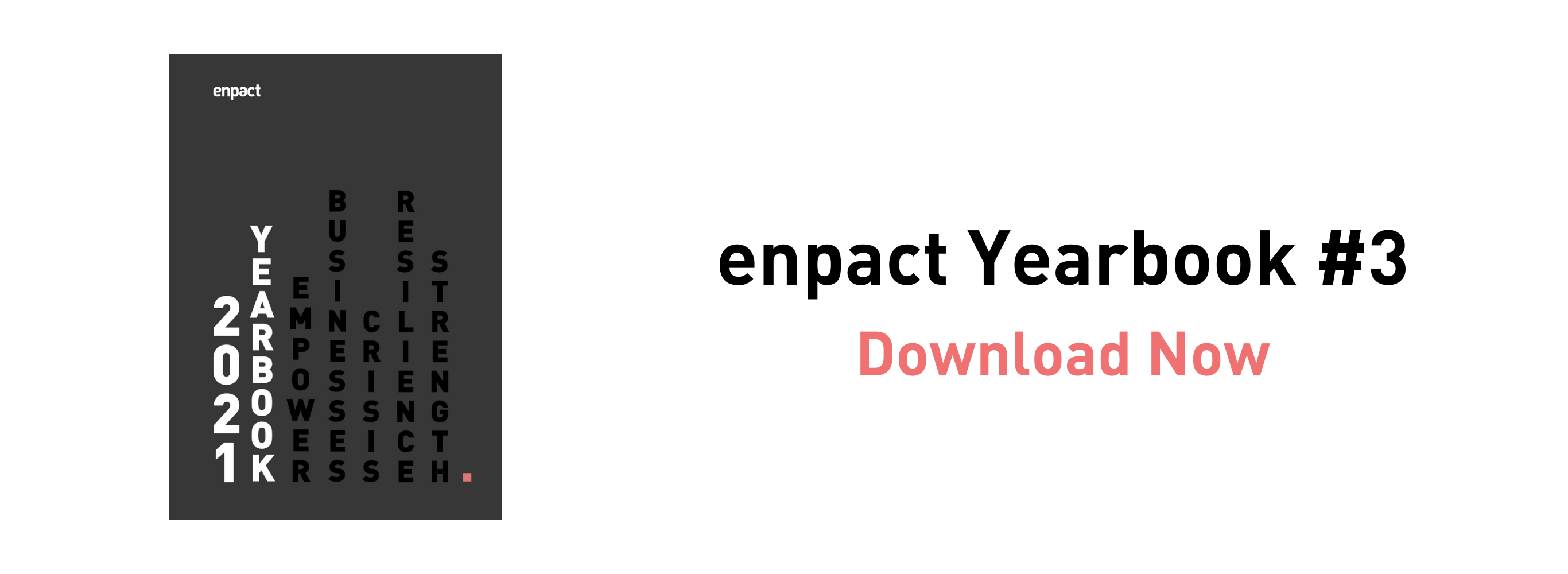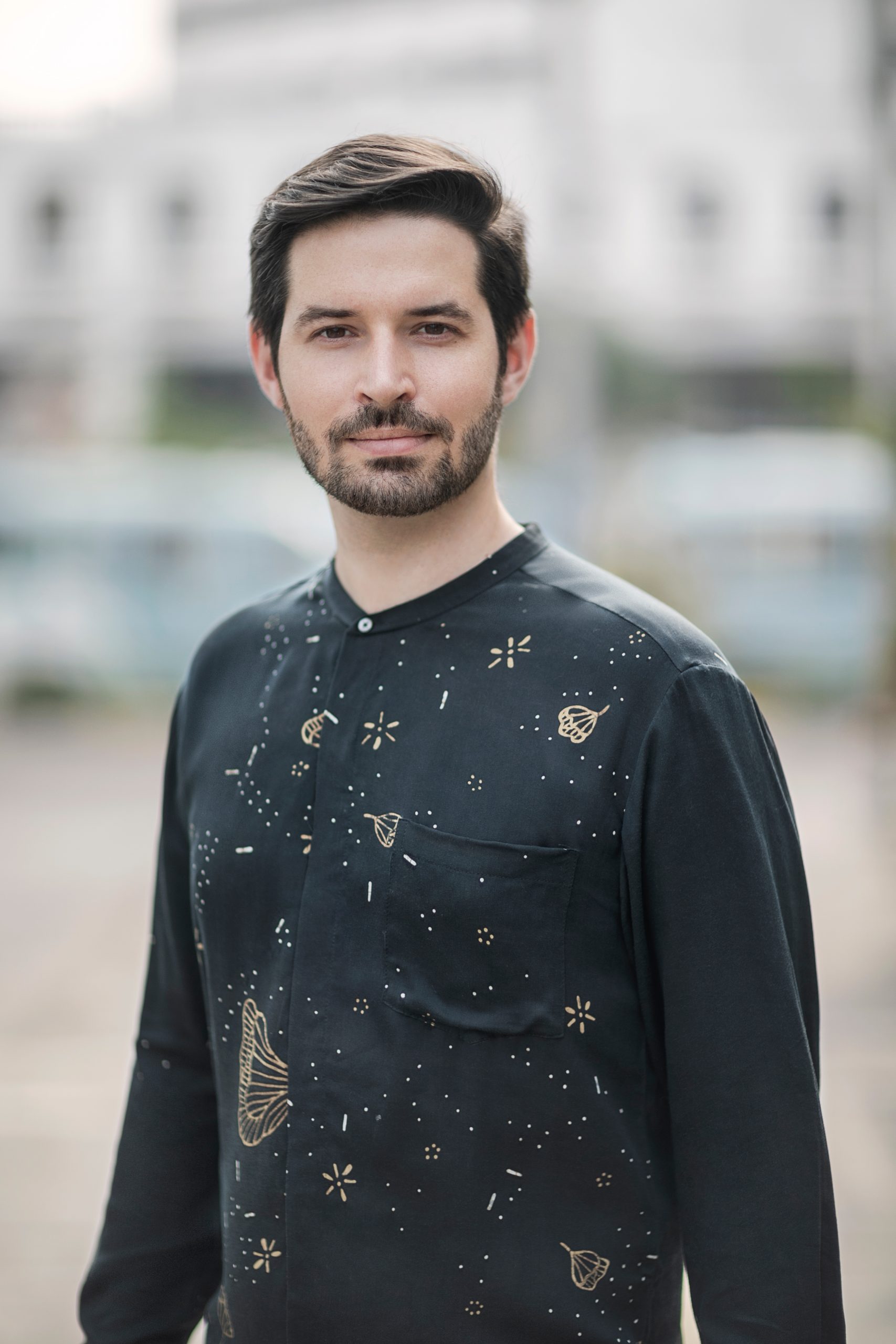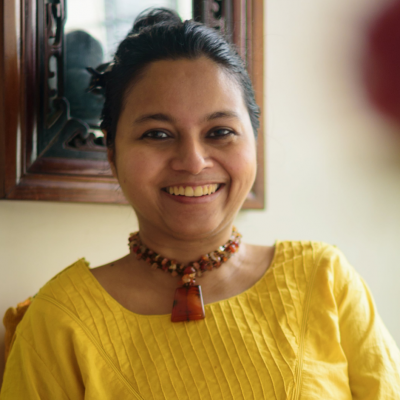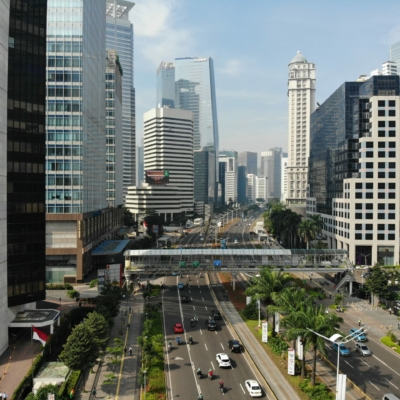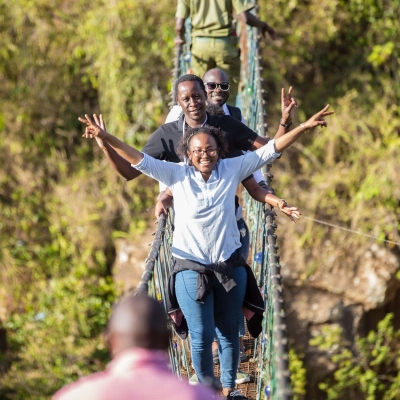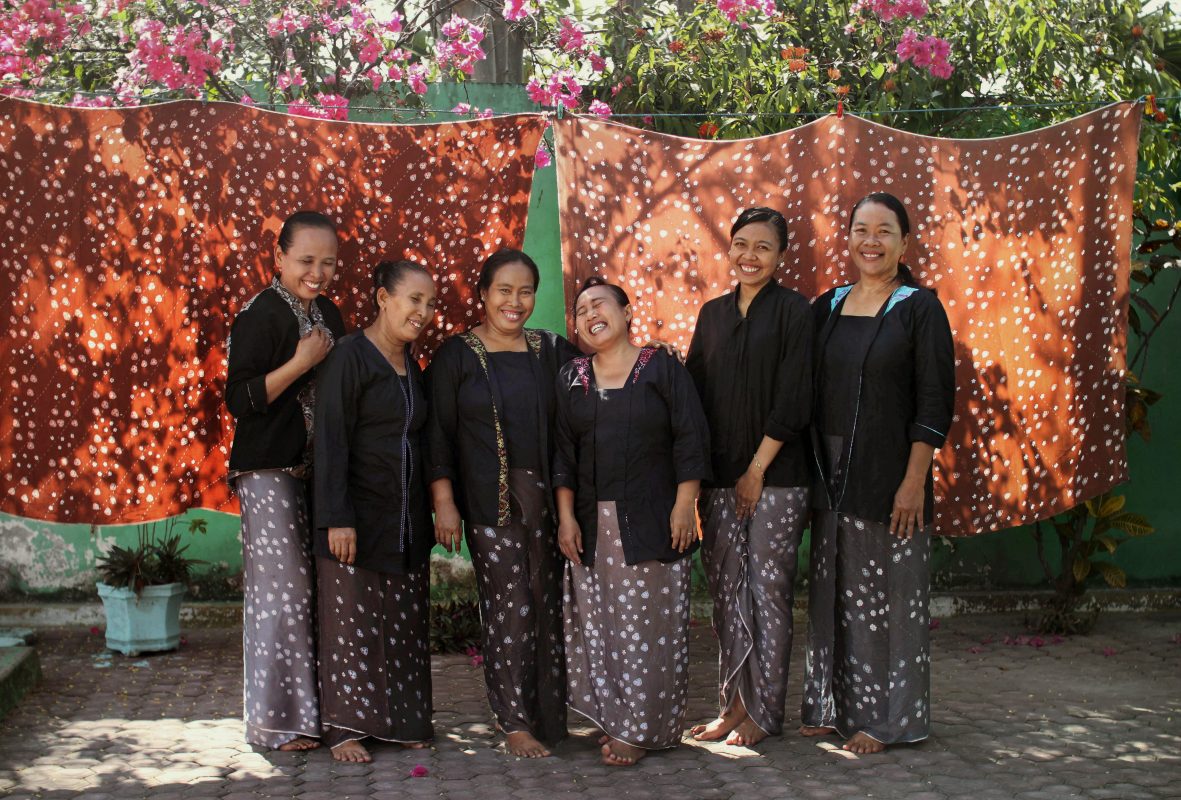
Standing Tall, Standing Together
I will never forget the fear in their voices.
That phone call with our craftswomen in East Java back in March 2020. It was the beginning of it all here in Indonesia. Following the first week of the lockdown, their husbands were laid off. In a single night, our artisans became the single provider for their families, and many of them still are to this day.
They asked us what would happen. Will we keep working? What about the apprentices? Should they stop learning? Should they stock up on food?
These were all questions we didn’t have an answer to.
Sukkhacitta: Villages, not factories
The early months of the pandemic were especially difficult for our social enterprise. Through education and fair market access, we provide economic opportunities for women in rural Indonesia, those working from home in villages, not factories, and women who often do not have access to any other source of income.
Over the years, we have grown to several hundred artisans and farmers, growing, weaving and stitching our clothes. All these women and their families depend on us. Yet with demand suddenly dropping to zero and
cash flow drying up, we were not sure how long we’d be able to hold on.
Standing together
Meanwhile, the sentiment in the fashion industry was clear: stop all orders, stop paying suppliers and launch massive sales. It’s estimated that more than $40 billion worth of textile orders were canceled due to COVID-19 in 2020, and many established brands simply decided to not pay open bills to their suppliers in emerging countries. To us, this was out of the question. It would mean leaving our artisans alone when they needed us the most. So, we decided to continue supporting them, to keep placing orders – and to do everything we could to make things work for as long as possible.
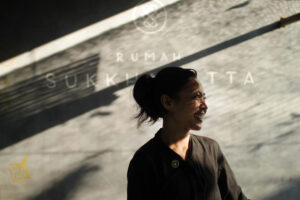
To us, this was out of the question. It would mean leaving our artisans alone when they needed us the most. So, we decided to continue supporting them, to keep placing orders – and to do everything we could to make things work for as long as possible.
The power of community
It was an audacious move at the time as we had less than three month’s worth of cash. But as
we set up work from home and developed new products – such as simple masks we donated to last-mile communities across Indonesia – our community started showing up for us. Inspired by our positive messaging, they bought gift vouchers, masks and donated to our various social projects to protect more women in our village communities.
Slowly things began to improve, and, in the end, we even managed to add one new village and expand our impact in rural Indonesia. This was made possible thanks to the help of our customers and long-term partners, but also enpact, which provided almost 9,000 Euros of financial support so that we could focus our sparse resources where they mattered most:
- keeping women in work and providing more
- training whenever possible.
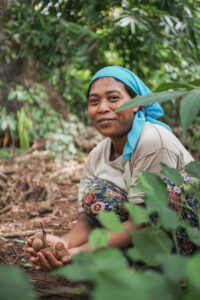
Growing the impact
This year, we celebrated #5YearsOfChangingLives, a major milestone for our small company. Despite the pandemic, we have managed to grow our impact from only three women back in 2016 to more than 1,482 today, which includes everyone from the farmers who grow our regenerative cotton and dyes to weavers and seamstresses.
Their incomes have increased on average by 60% and we’ve invested over $32,000 in microgrants for female entrepreneurs in our villages.
Building back better
Looking back, I firmly believe that living by our values and standing by our craftswomen is what allowed us to weather the storm of the pandemic. It’s what enabled us to innovate together and to be seen as clearly different from other brands that abandoned the countless people in their supply chain. In an industry that only pays 2% of its workers a living wage and is considered to be one of the most destructive on the planet, my hope is that more fashion brands take notice of our story and realize there is a different approach to making clothes one that empowers, not exploits, and that regenerates, not destroys.
Because fairer, inclusive business models that are built around shared values are not only more resilient in the face of a crisis. They’re what’s needed if we truly want to build back better.
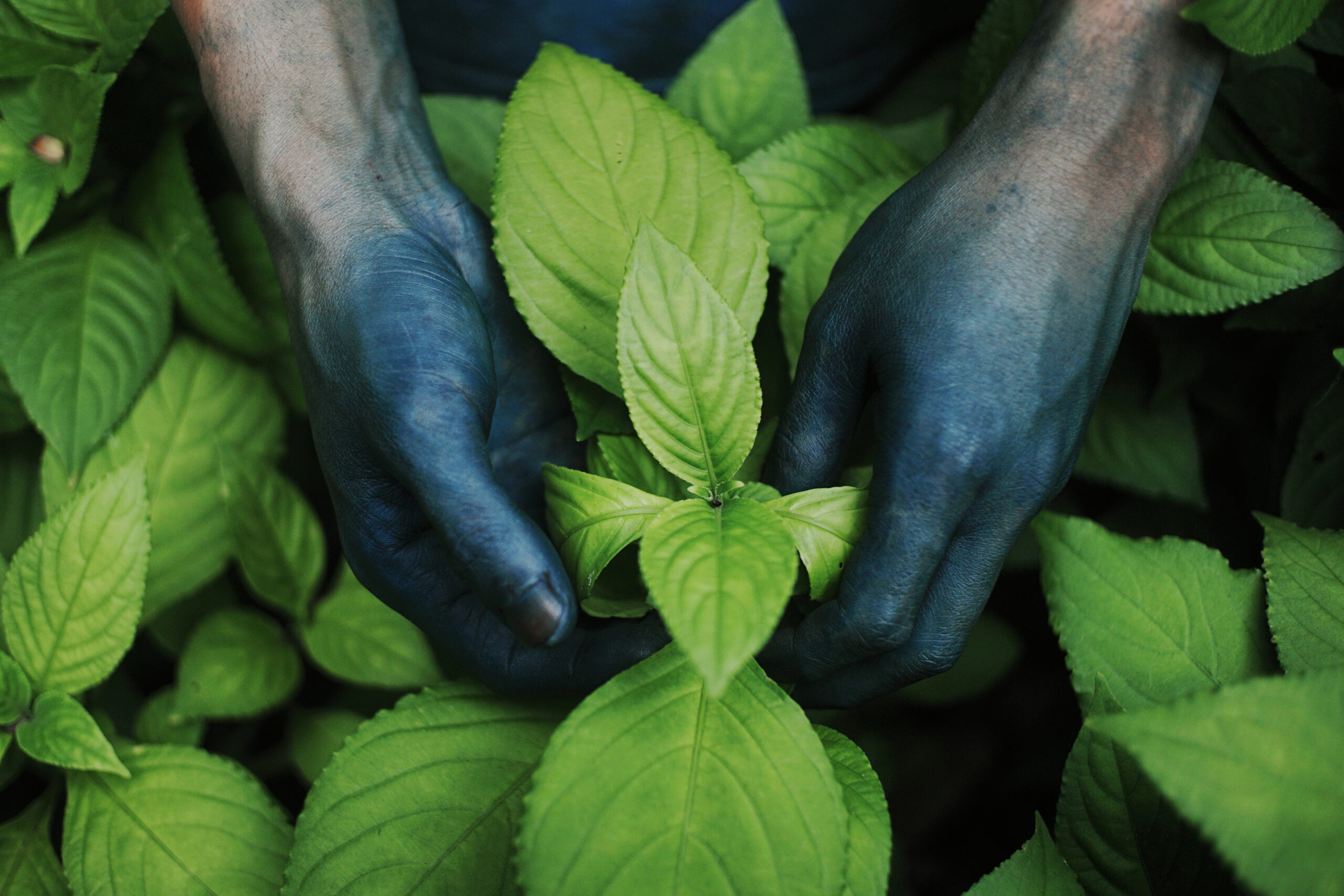
To find more stories about entrepreneurs in Asia and around the world, you can now download the 3rd edition of enpact’s yearbook.
